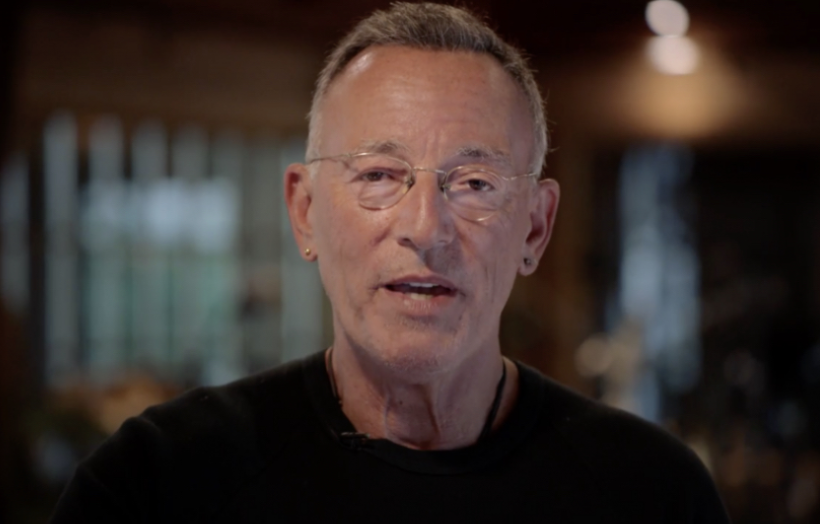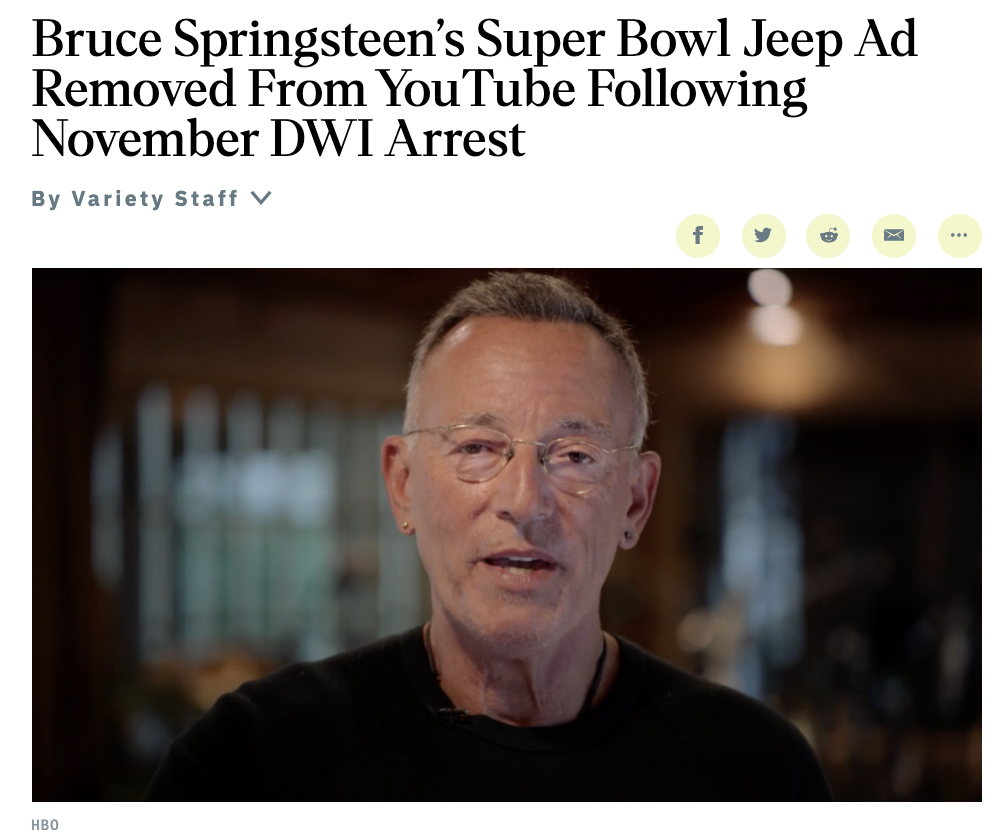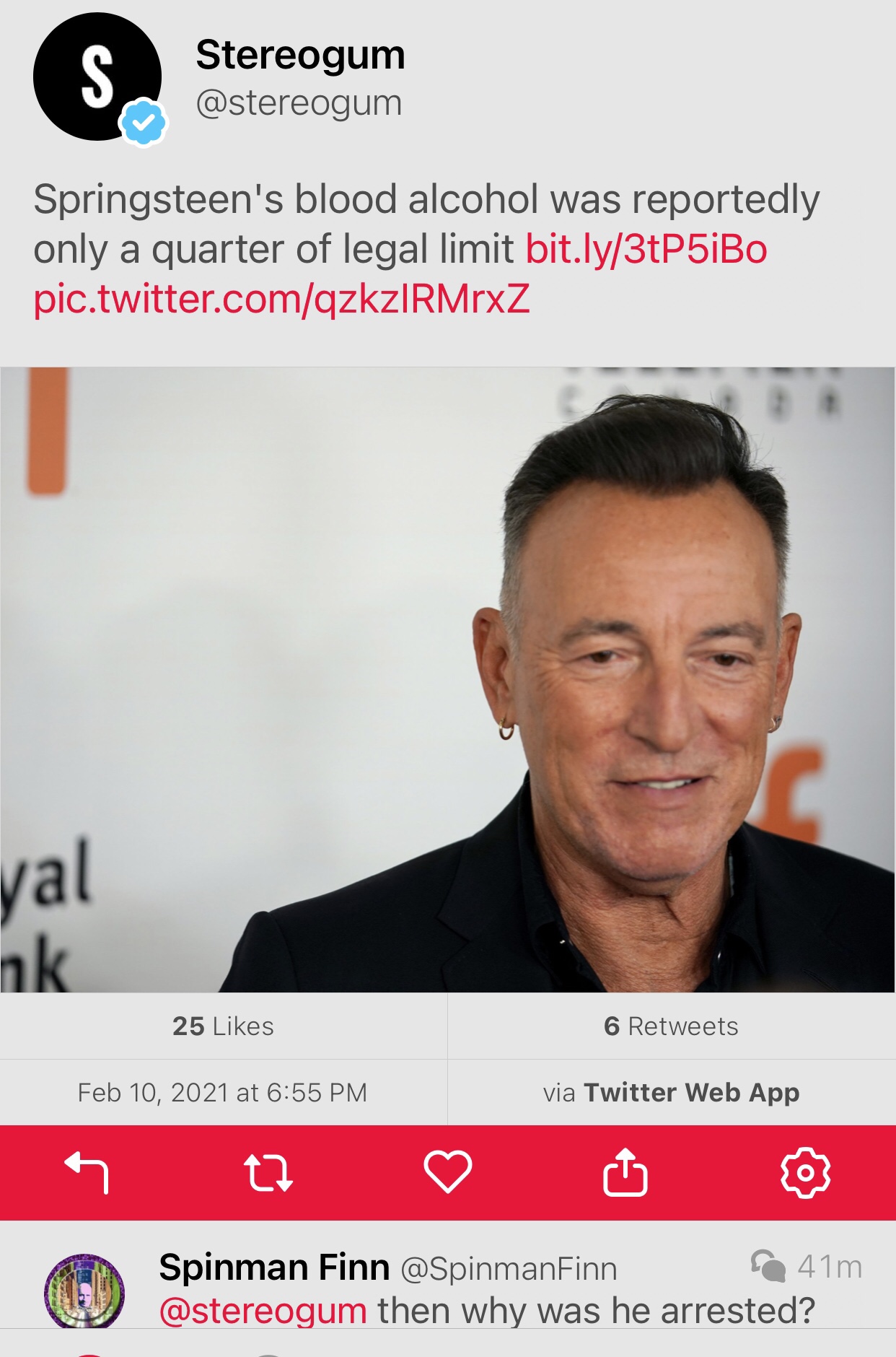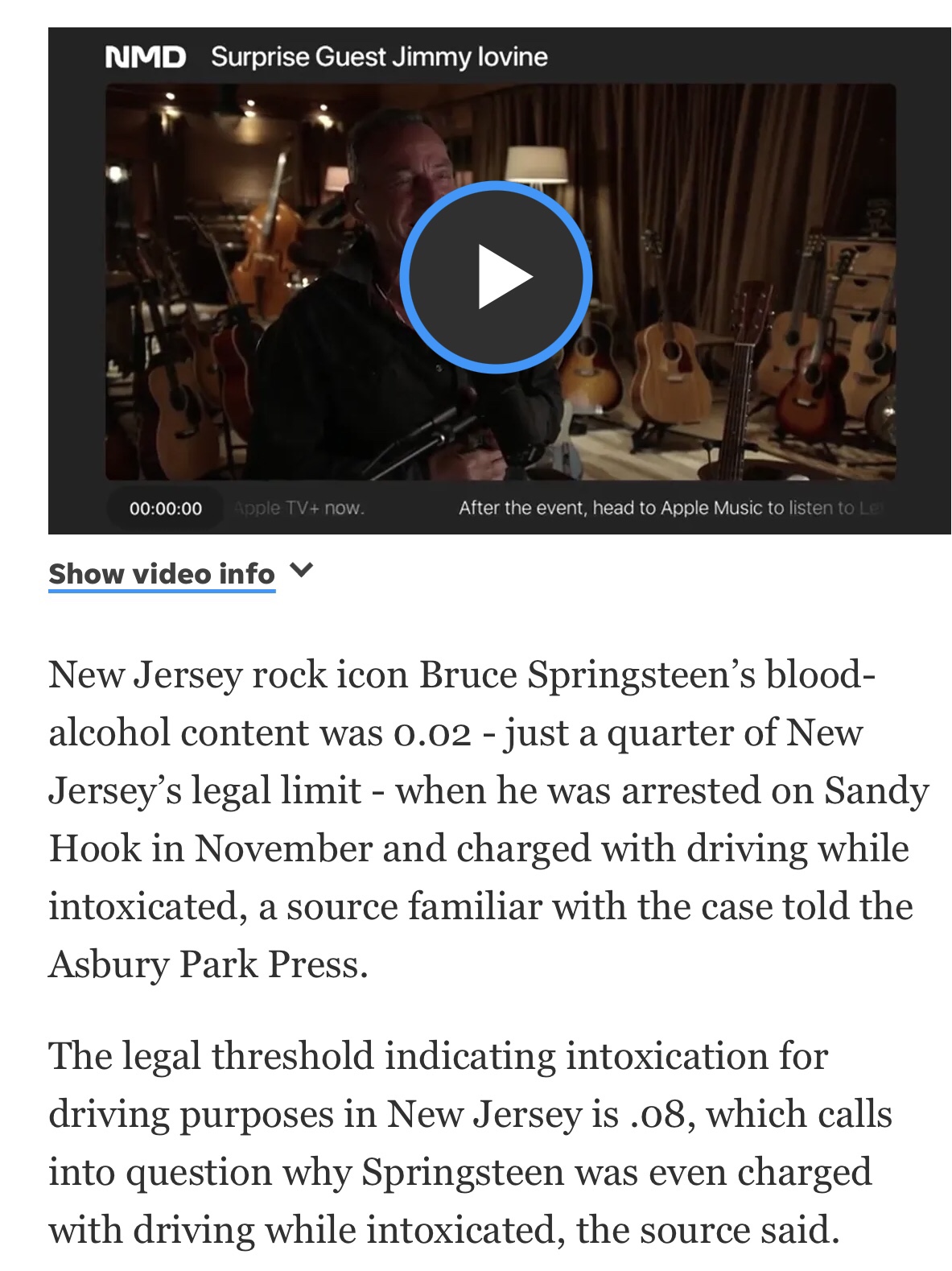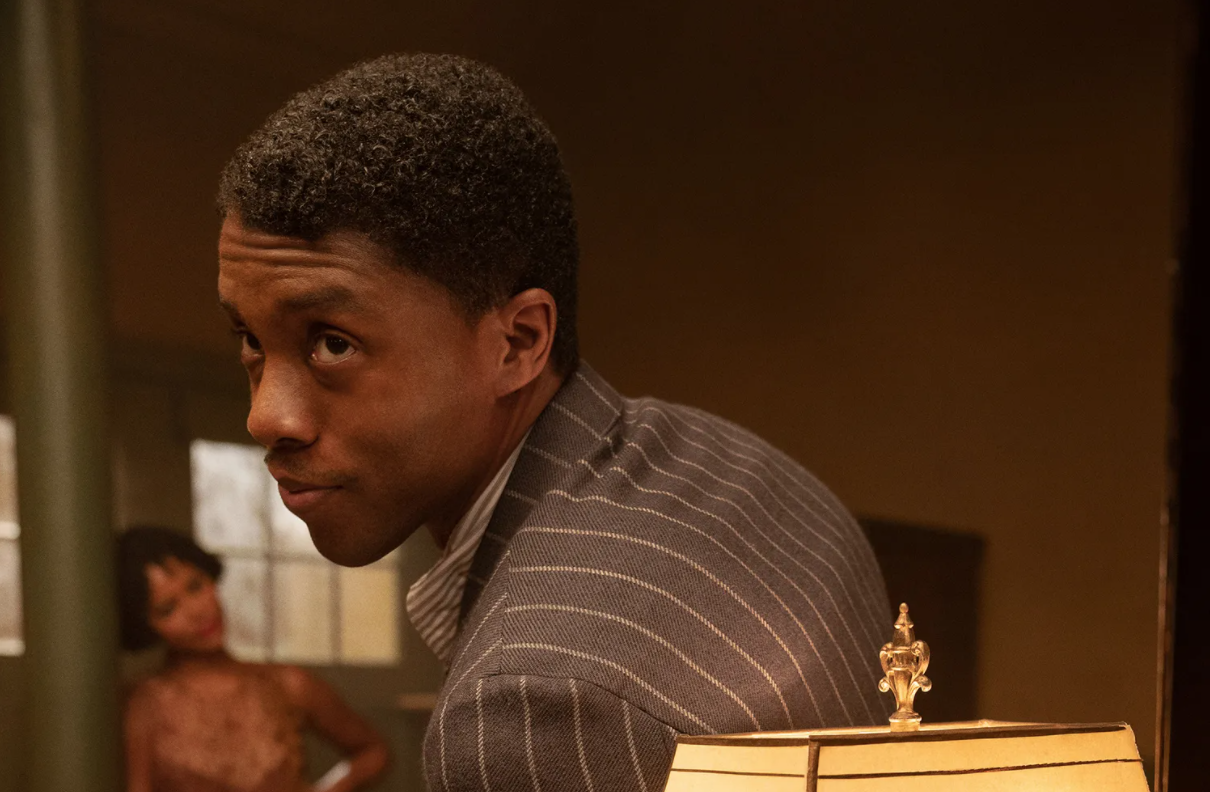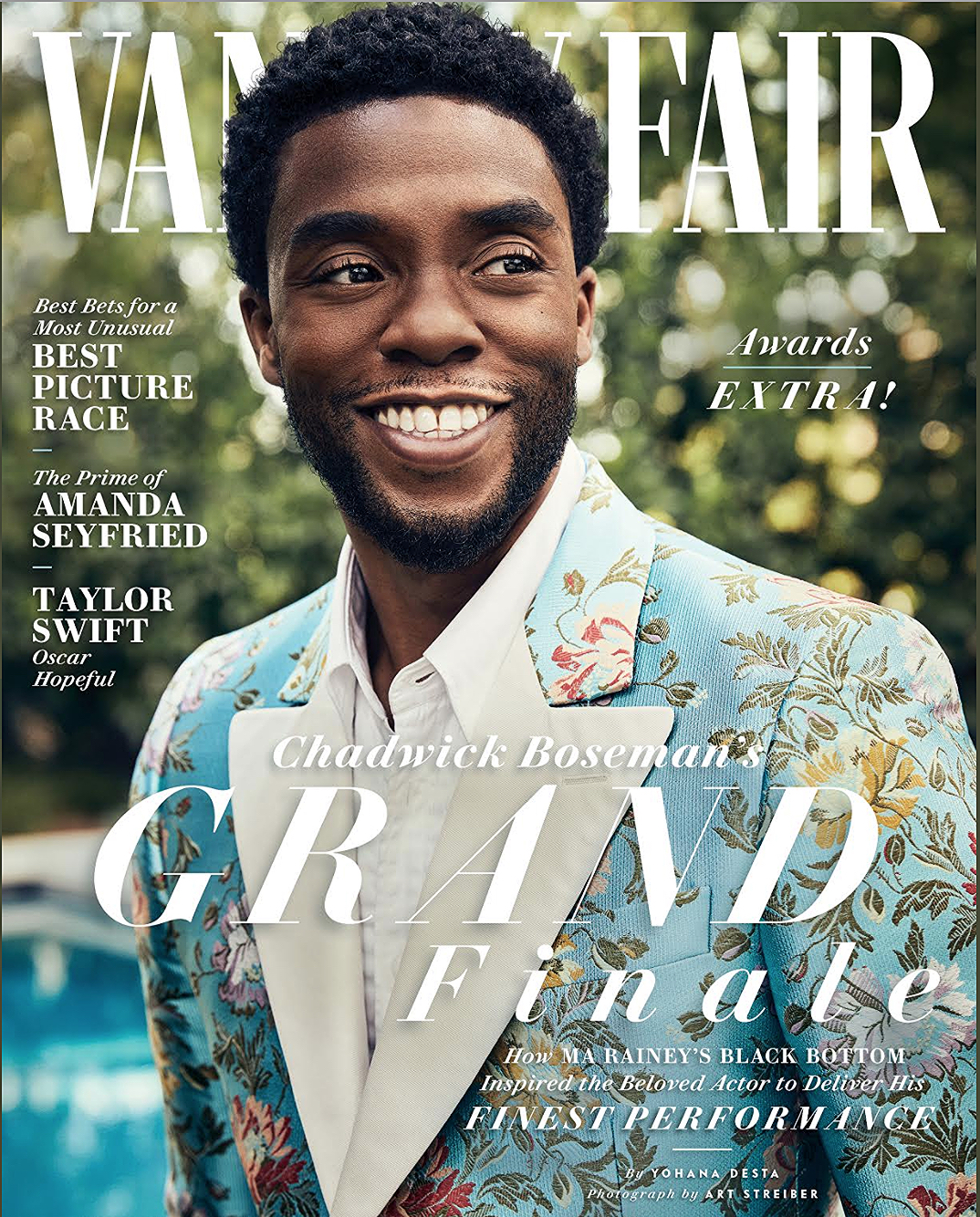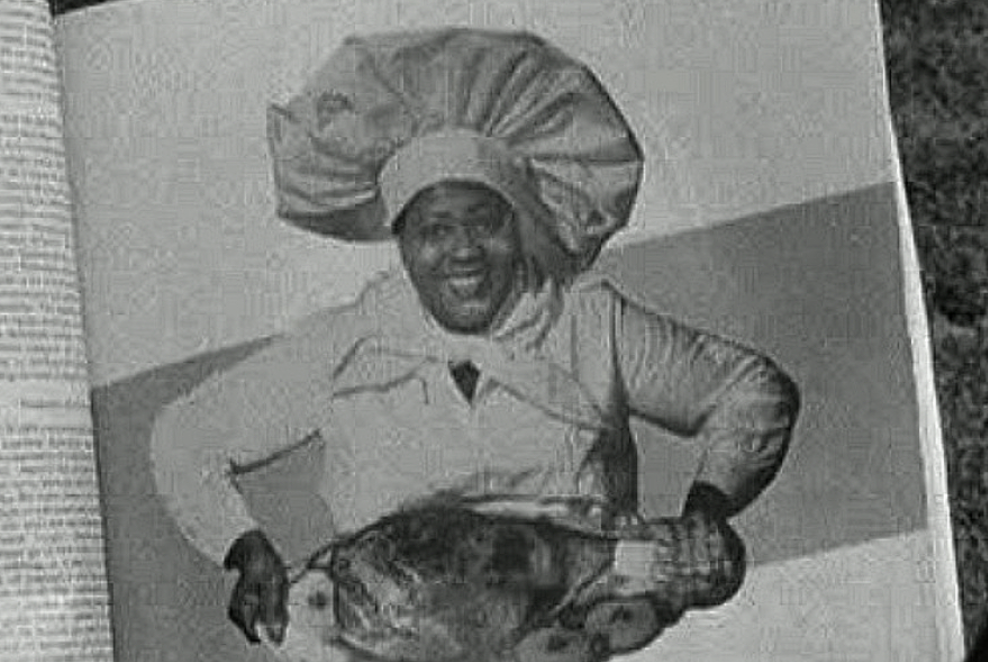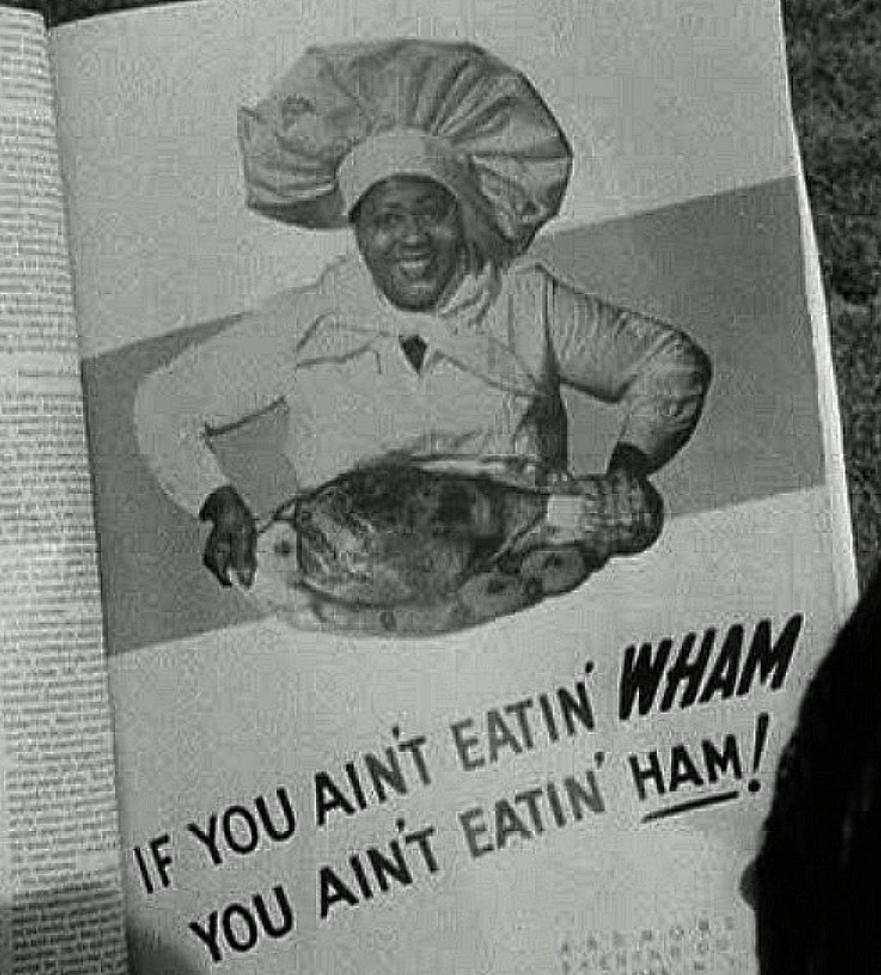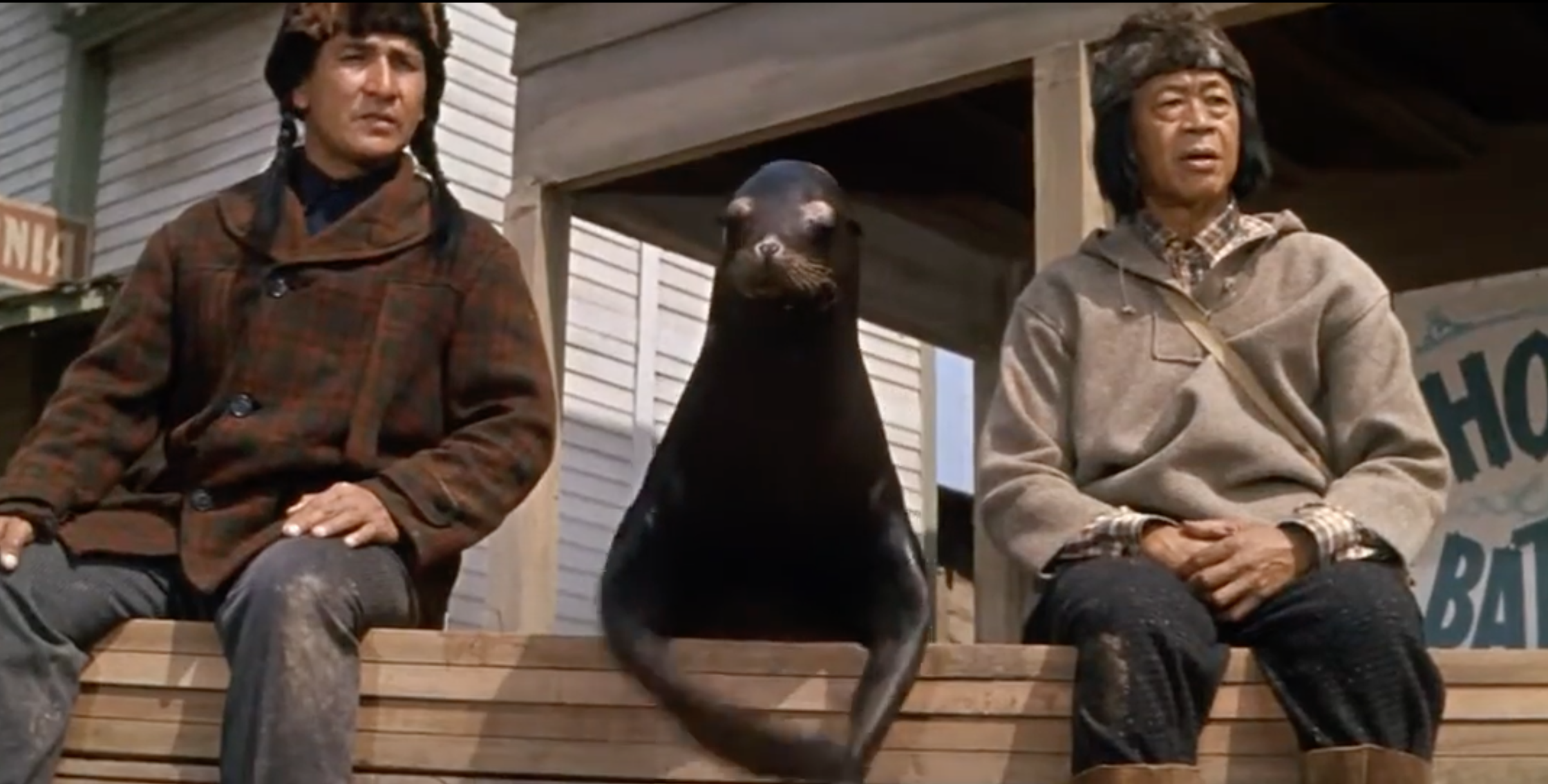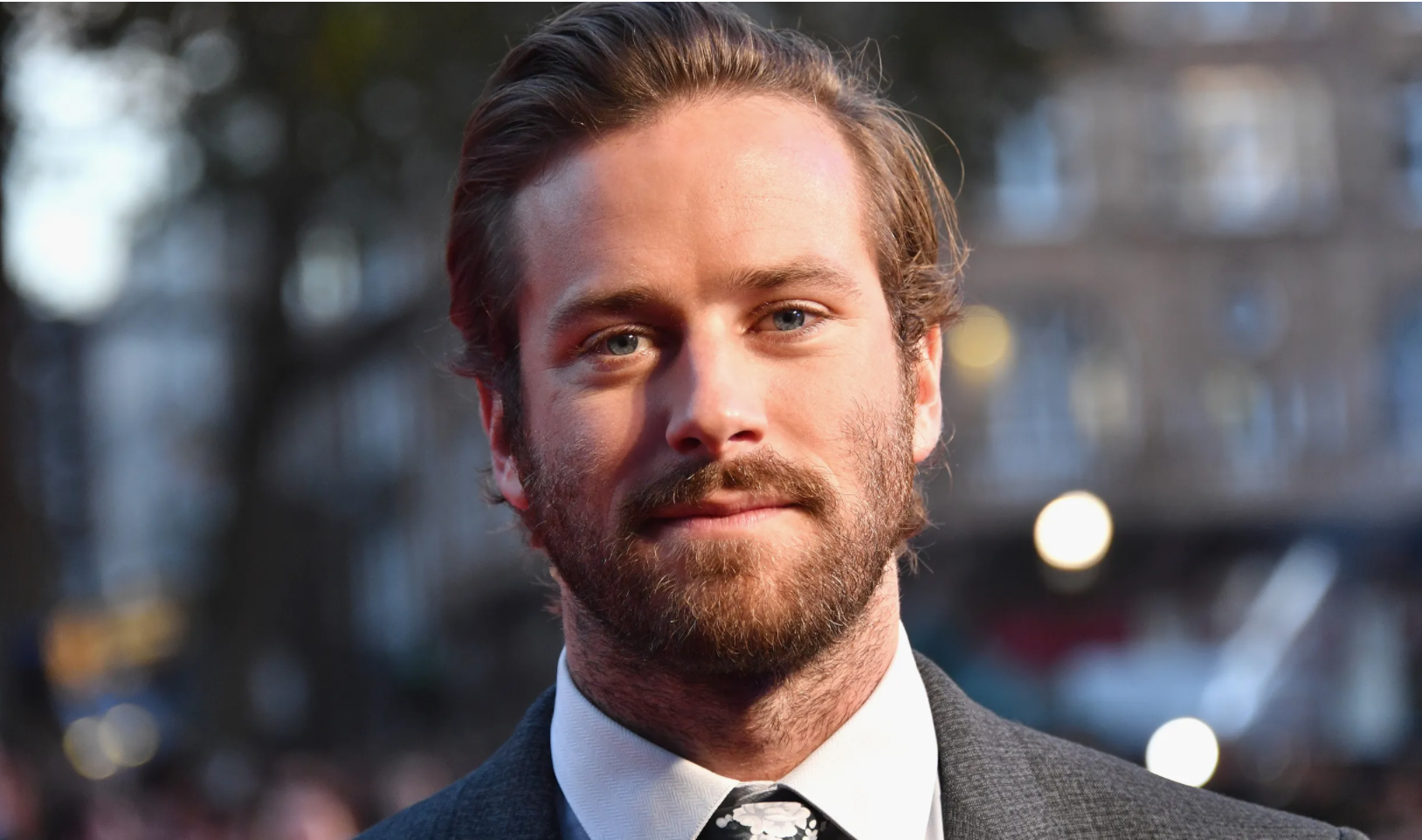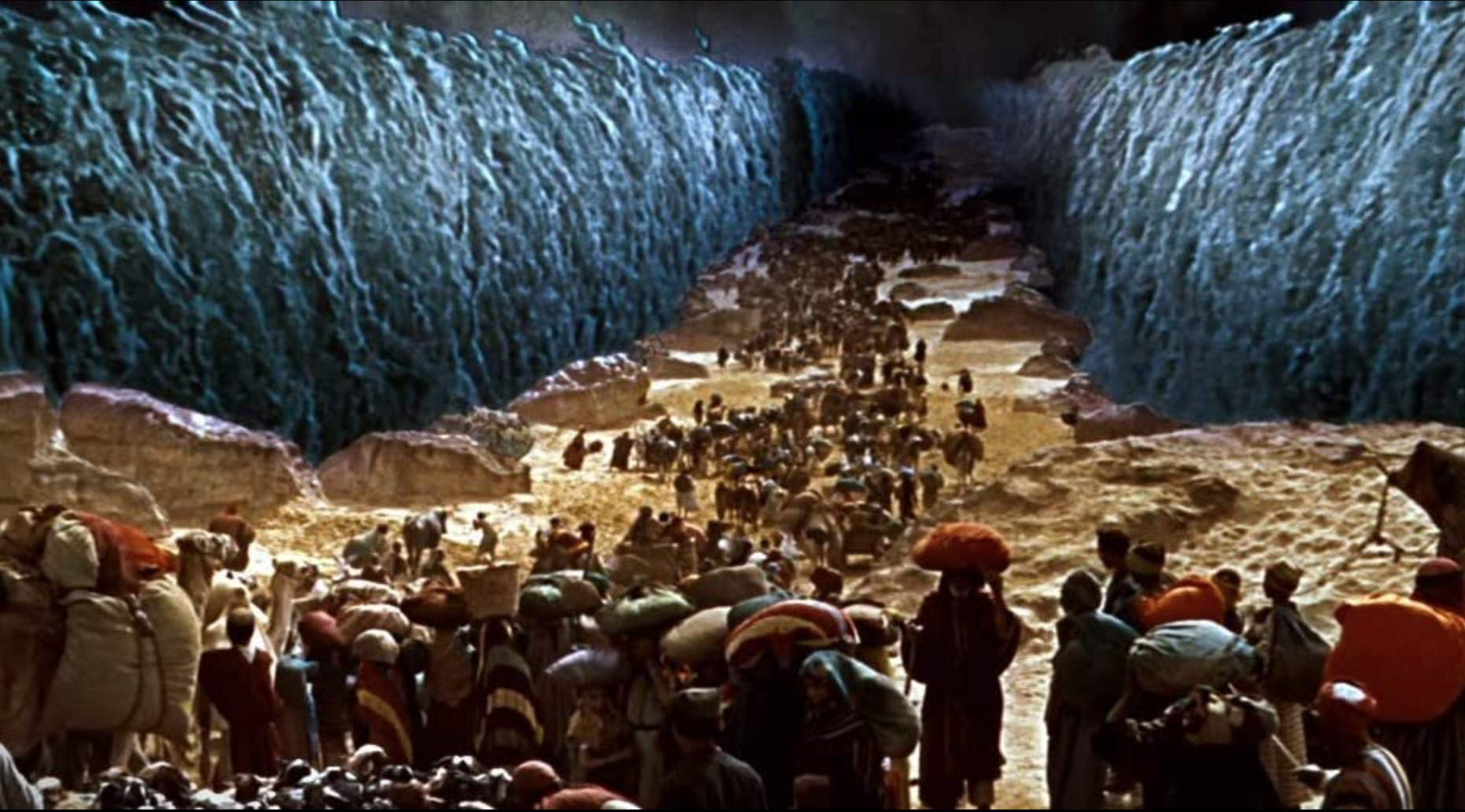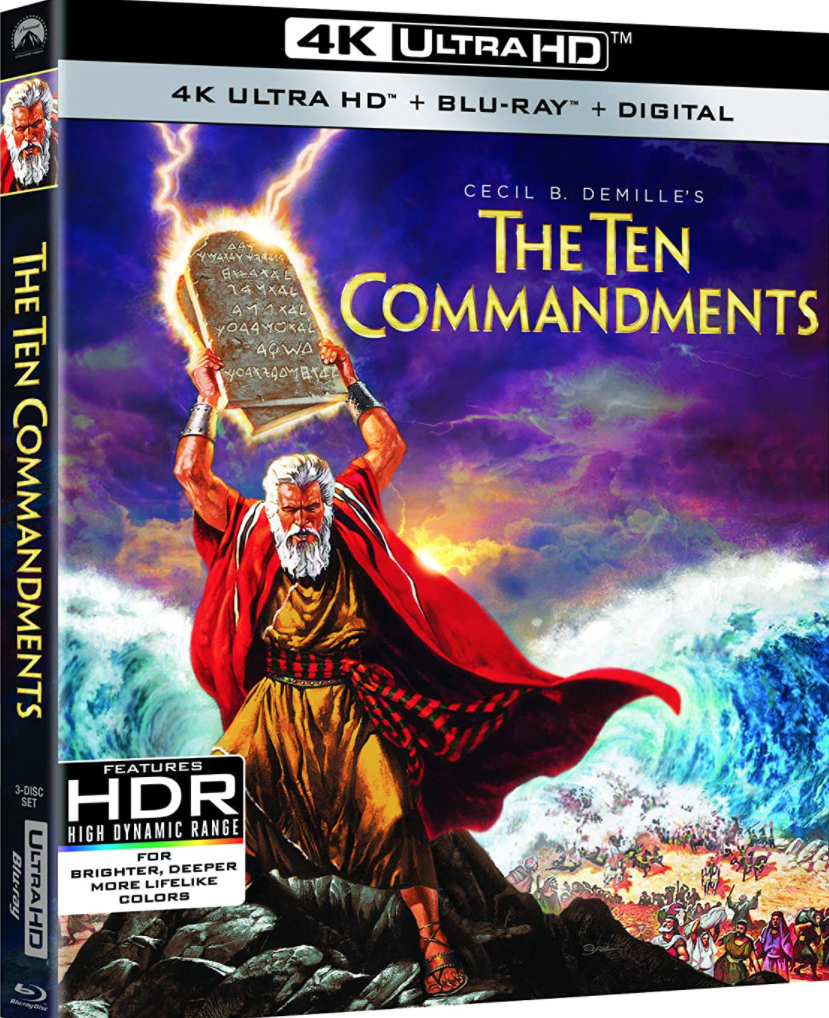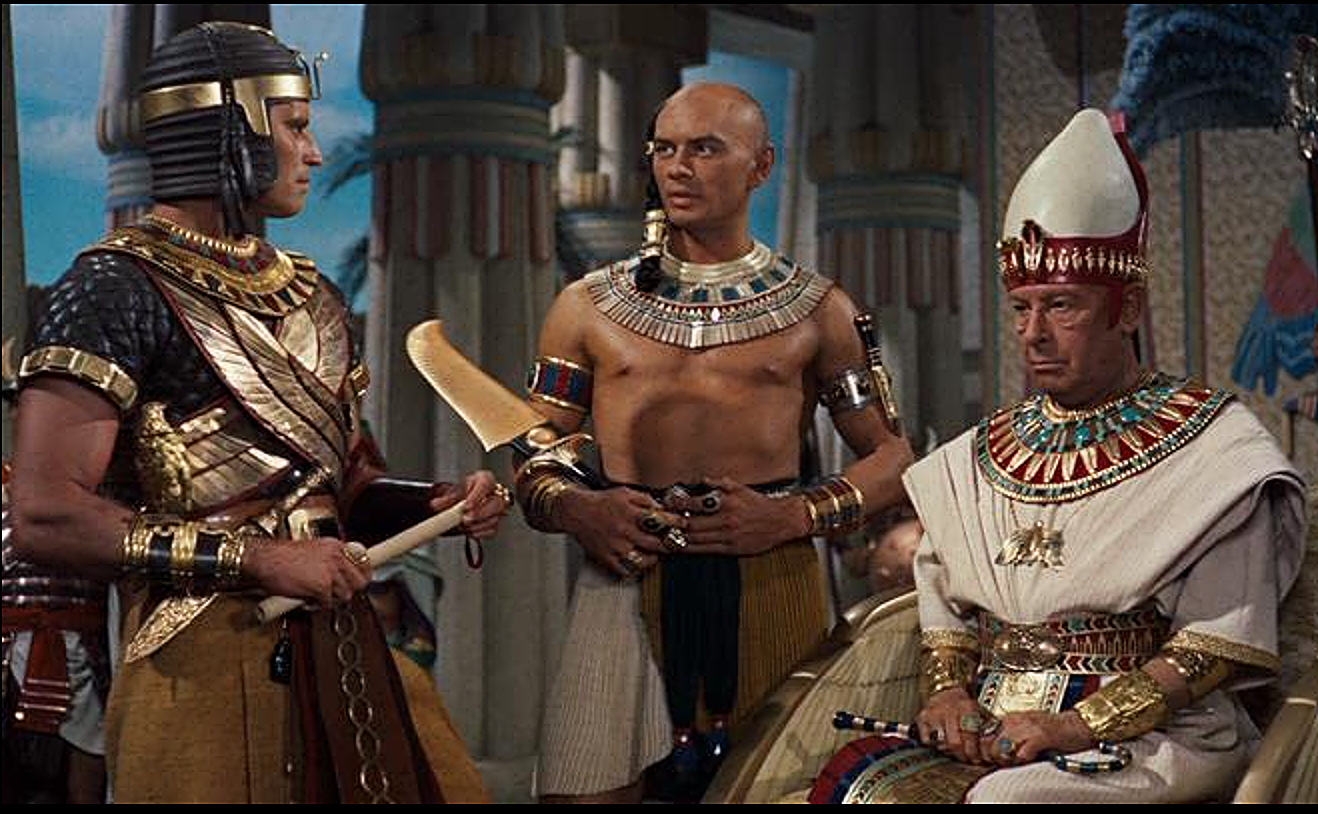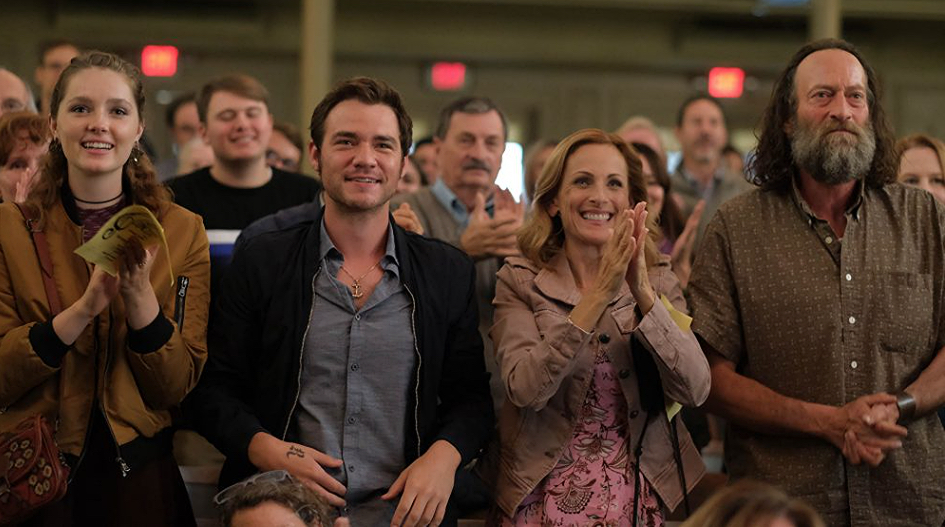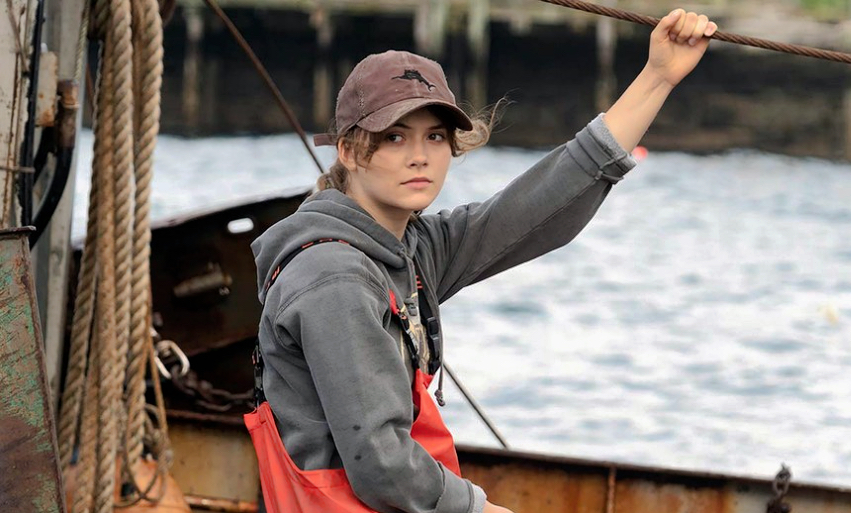Lee Isaac Chung‘s Minari premiered during the 2020 Sundance Film Festival. The well-reviewed film has since collected many award nominations, and is finally opening today (2.12). I reviewed it on 10.30.20 — here are portions of what I wrote:
A hard-knocks family drama about a South Korean family trying to succeed at subsistence farming in 1980s Arkansas, Minari qualifies as a “modest” Spirit Awards thing. And yet something about Steven Yeun’s complex character (i.e., Jacob) and performance really got to me.
I’m speaking of a proud, obstinate man determined to make a stand and not be pushed around by bad luck. In moments of stress and self-doubt he’s clearly weighing two ways of responding to the situation. He may have chosen the wrong path, but he’s determined to stick to it regardless. That makes him a possibly tragic figure and definitely an interesting one.
I’m not sure if Yeun’s touching performance will yield a Best Actor nomination, but it could. Or should I say “should”?
A while ago Variety‘s Clayton Davis was all excited about the possibility of Yeun possibly becoming the first Asian actor to be Oscar nominated for a lead role. That’s the wrong emphasis. Yeun has given a very strong and sad performance in a pretty good film, and he might snag a Best Actor nom for his trouble. But his South Korean heritage should be anecdotal, not a cornerstone of his campaign. Wokesters see it differently, of course.
I loved the grandmother (Youn Yuh-Jung) and the two kids (Alan Kim, Noel Kate Cho). Especially the little boy.
And Paul (Will Patton), a flaky but good-hearted Jesus freak whom the somewhat insensitive Yeun doesn’t sufficiently respect. I dislike Christians for their evangelical leanings and support of Donald Trump, but if I was acquainted with one and he/she offered to pray for me, I would respond with respect and gratitude. Because such a gesture would mean a lot to them.
Jacob’s wife Monica (Han Ye-ri) is a good person but not exactly a portrait of steadfast marital support. She has this shitty, dismissive “I don’t like this” attitude from the get-go. They’re in a bad marriage.
I didn’t get the water situation. Jacob has bought (or rented?) a place with no water supply or sewage system? Isn’t is super-expensive to install your own sewage system and septic tank? Jacob presumably buys his own water heater, but in one scene he doesn’t have $500 to pay a professional well digger? Jacob has drilled his own well with Patton’s assistance, but the water supply is limited — not enough to nourish the crop and also provide shower water, kitchen water and whatnot.


